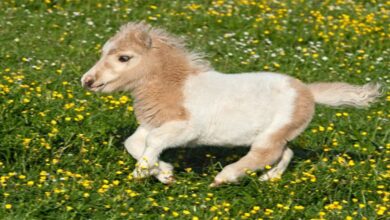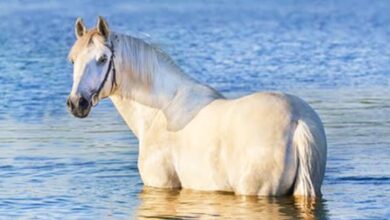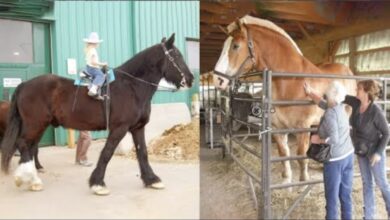When God Sends You a Funny Horse
Horses, magnificent creatures revered for their beauty and strength, have been integral to human civilization for centuries. One fascinating aspect of horses is their diversity in breeds, each developed over centuries for specific purposes. From the elegant Arabian breed known for its endurance to the powerful Shire breed prized for its strength, horses come in various shapes, sizes, and temperaments, reflecting the needs and preferences of different cultures and regions.
Furthermore, horses exhibit a remarkable social structure within their herds, characterized by complex hierarchies and communication systems. Led by a dominant mare, horse herds rely on subtle cues and interactions to establish order and maintain cohesion. This social intelligence extends to their interactions with humans, as horses form strong emotional bonds with their human counterparts, often displaying loyalty and empathy.
In addition to their social abilities, horses possess remarkable physical attributes that contribute to their versatility and adaptability. With powerful muscles, strong bones, and keen senses, horses are well-equipped for a variety of tasks and environments. From plowing fields and pulling carriages to competing in equestrian sports, horses demonstrate agility, speed, and strength that have made them indispensable partners throughout history.
Moreover, horses hold a special place in human culture and imagination, serving as symbols of freedom, nobility, and adventure. Revered subjects in art, literature, and mythology, horses embody qualities of courage, loyalty, and beauty that resonate deeply with people across cultures and generations. Today, horses continue to enrich our lives as companions, athletes, and therapeutic partners, leaving an enduring legacy of grace and majesty.





